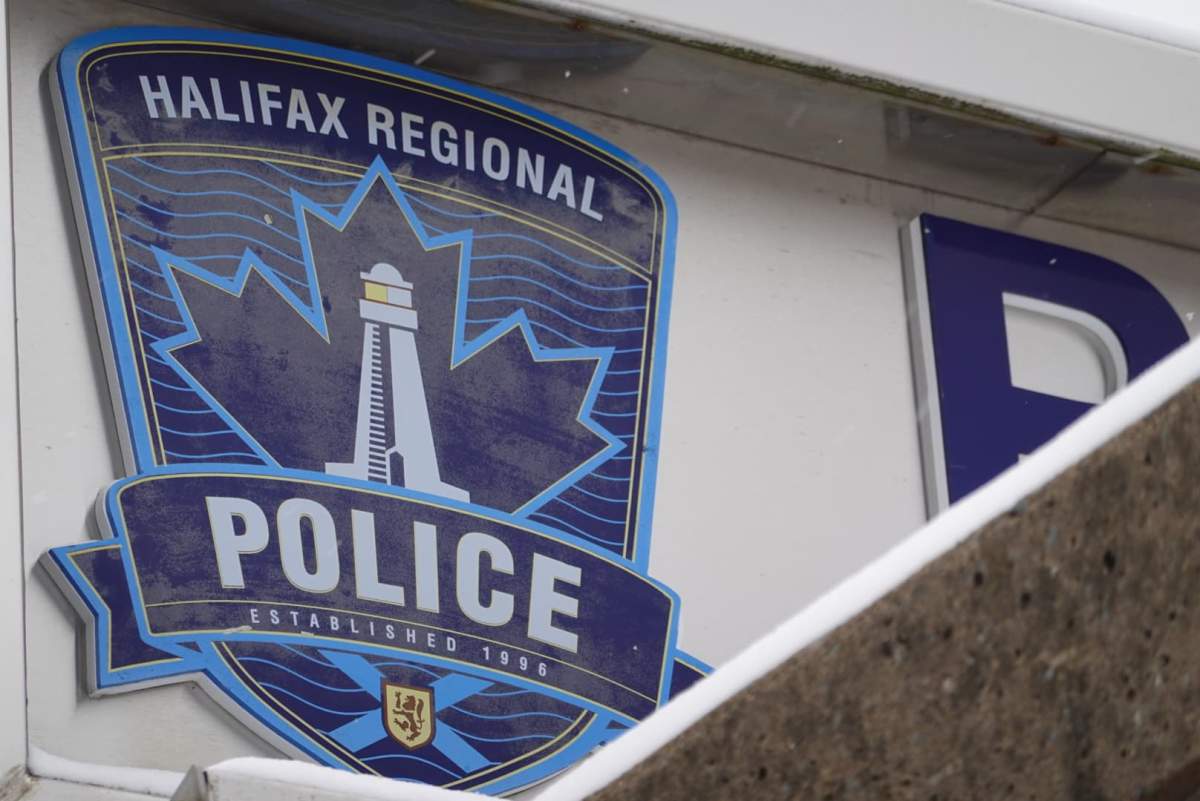The Halifax Board of Police Commissioners has passed a motion to accept the terms of reference for the committee to define defunding police.

During a meeting Monday, the board discussed the terms of references, which include budget, the committee’s role, membership and the final report.
When it came to the budget, commissioner Carole McDougall said they still don’t know the actual estimated cost. She did note the board has allocated up to $9,000 to fund the committee.
“(The money) would be allocated to non-waged people who are participating who may need child care … or to get some support with transpiration to attend a meeting if they were not virtual… It may include team and coffee and water for the meeting itself,” said McDougall.
According to the board, the role of the committee will be “to review relevant research and conduct community engagements” to allow people to share their thoughts on what defunding police means.

Get breaking National news
Following the death of George Floyd in 2020, a global movement calling for rethinking and reconstituting police and their role in public safety resulted in protests and demonstrations with a rallying cry to defund police, including in the Nova Scotia capital.

In Halifax, the Board of Police Commissioners sought to define defunding, and on Sept. 21, 2020, voted to commission former Halifax poet laureate El Jones to develop a proposal and recruit a committee to recommend a definition the board could consider.
Jones said Monday that the committee is in place, and the members are in the process of co-ordinating meetings.
The committee’s final report will include a definition of defunding, overview of the current research and debate around defunding, practices from other municipalities and a summary of what defunding could look like in HRM.
The board said it is expected a final report will be submitted in May.
Also at Monday’s meeting, Halifax Regional Police Chief Dan Kinsella provided an update on the 2019 Wortley Report, which provided recommendations after determining Black Nova Scotians were five times more likely to be stopped and street-checked by police.
Kinsella said in regards to the Wortley Report, the police service continues to offer training for officers in anti-racism as a way to eliminate biased policing.
In the coming months, the board said it will provide a public report on the progress police have achieved over the last two years.








Comments
Want to discuss? Please read our Commenting Policy first.